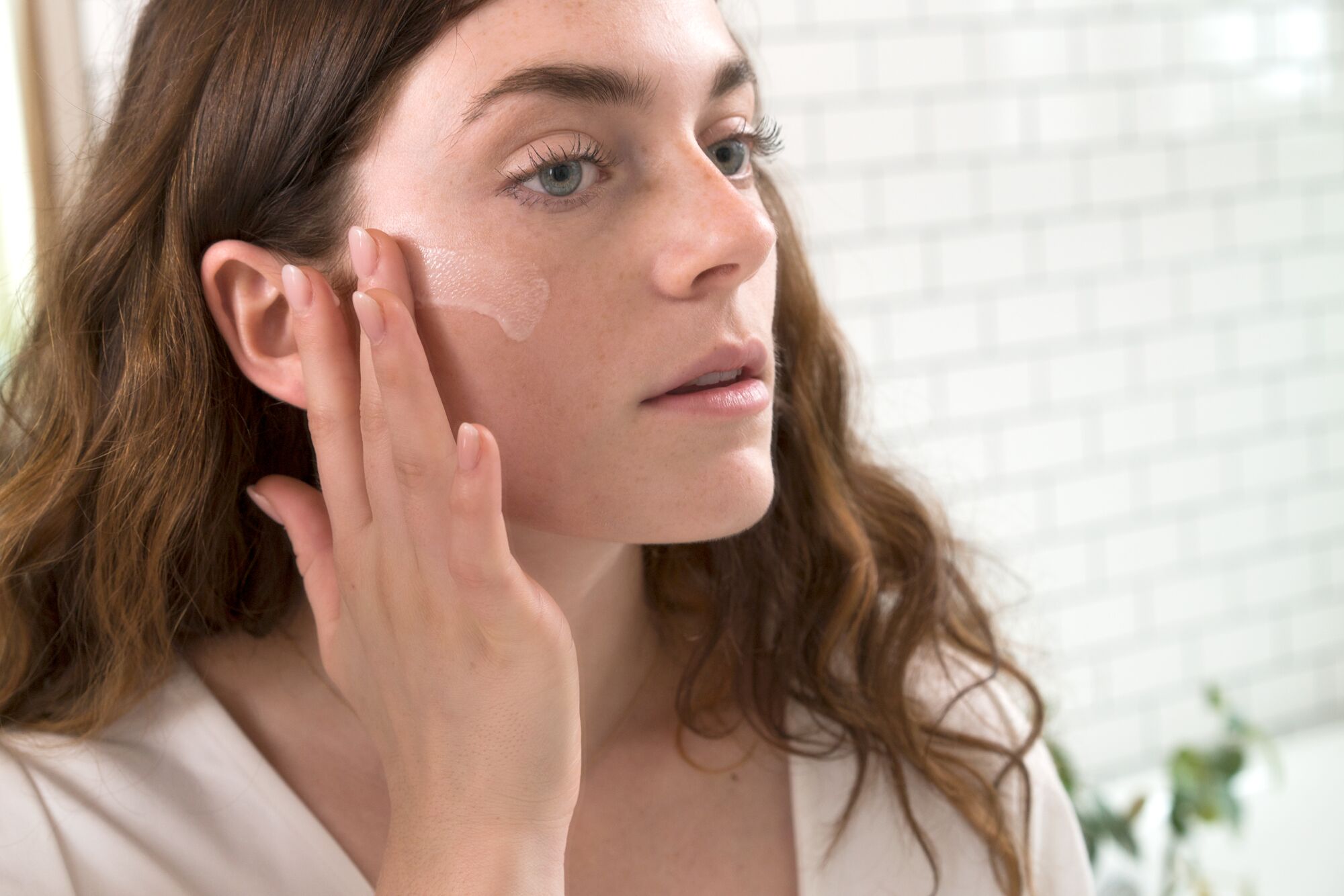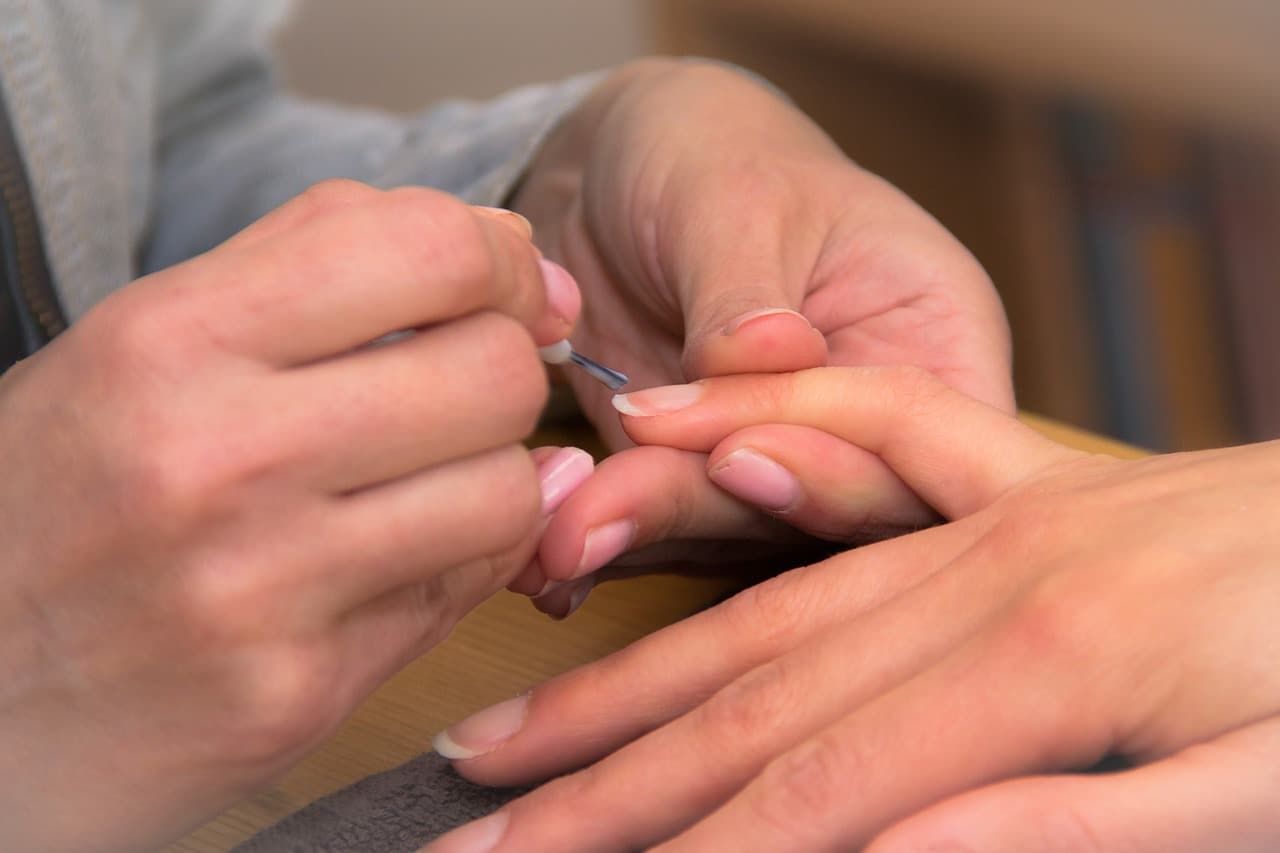If you have darker colored skin, I’m sure you have heard endless amounts of myths about what you can avoid. Everything from not needing to wear sunscreen because “you can’t get sunburnt”, to “your skin doesn’t show signs of aging”. However, are they true or not? How then do you know which skincare routine you should follow? Sure, everyone knows that people who have dry, oily or combination skin should follow a different skincare regimen to those who have normal skin. Nonetheless, did you know that those with darker skin should also have a different skin care routine than those who are of a lighter shade? Genetics plays a huge role in how our skin responds to environmental and chemical factors. African skin is more resilient due to it having a thicker dermis, being firmer and having more elasticity than white skin. However, it also has larger pores with more sebum flow as well as being more susceptible to irritants which result in inflammation or dry, irritated skin. This inflammation response of darker skin can lead to hyper-pigmentation and skin discoloration. Due to the tone of the skin, if it is not well moisturized, it can appear grey or ‘ashy’. However, that is not all. Spending time out in the sun without protection can also lead to hyper-pigmentation and put you at risk of skin cancer. Yes, that’s right. Anyone’s skin is susceptible to sun damage.
Common misconceptions on how to care for darker skin have been turned on their head as leading dermatologists worldwide explore the anatomy and physiology of colored skin. As a result, when you commit to incorporating the following simple skincare tips into your beauty routine, you can start minimizing the risks of skin cancer, aging, hyper-pigmentation, and dryness.
- Wear Sunscreen
- Moisturize Daily
- Use anti-aging products
- Exfoliate once a week
- Use gentle cleansers
African and darker skin has more melanin which gives it that extra bit of protection from the sun and reduces the “redness effect” caused by sunburn. Harmful rays of UV will still penetrate the skin and cause photodamage which leads to aging of the skin and various skin cancers, most commonly melanoma. Wearing sunscreen will work as a barrier between these harmful rays and your skin. It can be hard to remember (or be bothered) to rub in sunscreen after applying your daily moisturizer so opting for an SPF moisturizer gives you the combined benefits of sun protection while hydrating your skin. Moisturizing daily is important to avoid that “ashy” appearance when your skin becomes dry due to the sun or irritants. Applying moisturizer is best done straight after the shower when your skin is still slightly damp, helping to lock the hydration into the skin. You should also avoid rubbing your skin dry with a towel and instead pat yourself dry to keep some of that moisture on the body. Skincare products containing hyaluronic acid and aloe vera water will give your skin long-lasting hydration, meaning if you shower in the morning your skin will look healthy and bright throughout the whole day.
African skin tends to have more oil and melanin which helps to fight the signs of aging, yet you ought to minimize effects of aging such as wrinkles, uneven skin tone and age spots with an anti-aging skincare regimen sooner rather than later. Incorporating specific application of eye-cream to the delicate skin around the eyes is a good place to start. The eyes and the neck are the most common places to show signs of aging first. A good hydrating serum will also stave off potential dryness. Studies show that African skin exhibits higher grades when it comes to dry skin, possibly due to lower ceramide levels in the stratum corneum. The flaking that occurs with dry skin is more noticeable on darker skin types. In addition to daily moisturizing, gentle exfoliation is advantageous to maintaining smooth skin with a youthful and healthy glow. When exfoliating, use a gentle scrub and work in circular motions to massage the product over the skin’s surface. Don’t overdo it and start with exfoliating only once a week to avoid irritating the skin and work up to twice weekly if you think your skin can handle it.
People with darker skin have been proven to be more sensitive to irritants than those with lighter skin. A stronger skin reaction to an irritant is a cause of hyper-pigmentation and discoloration, and it’s advisable to avoid products that elicit an inflammatory response. Products that contain sodium lauryl sulphate have been identified as producing an irritant reaction. Stick to using gentle skincare products such as those with natural ingredients which have potent anti-inflammatory and antioxidant properties. If you want to even out your skin tone, it is best to be cautious and not overdo the use of skin lightening products that contain citric, lactic, or glycolic acid – these products tend to do more harm than good.
By starting with just one of these beauty tips, you will be investing in your long-term health and appearance of your skin. Simply by swapping out your usual moisturizer for one containing SPF, you will be decreasing the risk of developing skin cancer. People of color have been shown to have a more life-threatening skin cancer diagnosis as they tend to think they are not at risk and often ignore the early warning signs. With darker skin tone it is also more noticeable when there are areas of discoloration and hyper-pigmentation. Applying broad-spectrum SPF will give you that protection you need against damaging UV rays which also lead to aging of the skin. Visible signs of aging such as wrinkles and dark spots later in life can be minimized with the regular application of sunscreen during the day. Whether the day turns out bright and sunny or ends up being cloudy, you are always at risk of photo damage when exposed to the sun’s rays. When trying to implement a new skincare routine, it is best to keep it simple. Give your skin a chance to settle down and get used to the change in products and their application. By starting with one change to your skincare routine (such as applying sunscreen) will make it less overwhelming. Once you have the first change incorporated into your skincare routine to the point that it becomes a regular habit, then chose another skincare tip to implement. Before you know it, you will be busting all the beauty myths about colored skin and be on your way to a healthy complexion.
As you can see, there are underlying reasons why your skin could be acting up, and it is important to Read more
If broken nails regularly leave your manicure looking uneven and ragged, help is at hand.
Here are the ten superfoods you need to focus on during your one-week cleanse to get the most glow out Read more
Offices often use air conditioners to regulate the temperature problems caused by machines running all day and unfortunately, this can Read more
April Klazema
April is based in the Netherlands, and writes across a broad range of beauty, lifestyle, and childcare topics.














